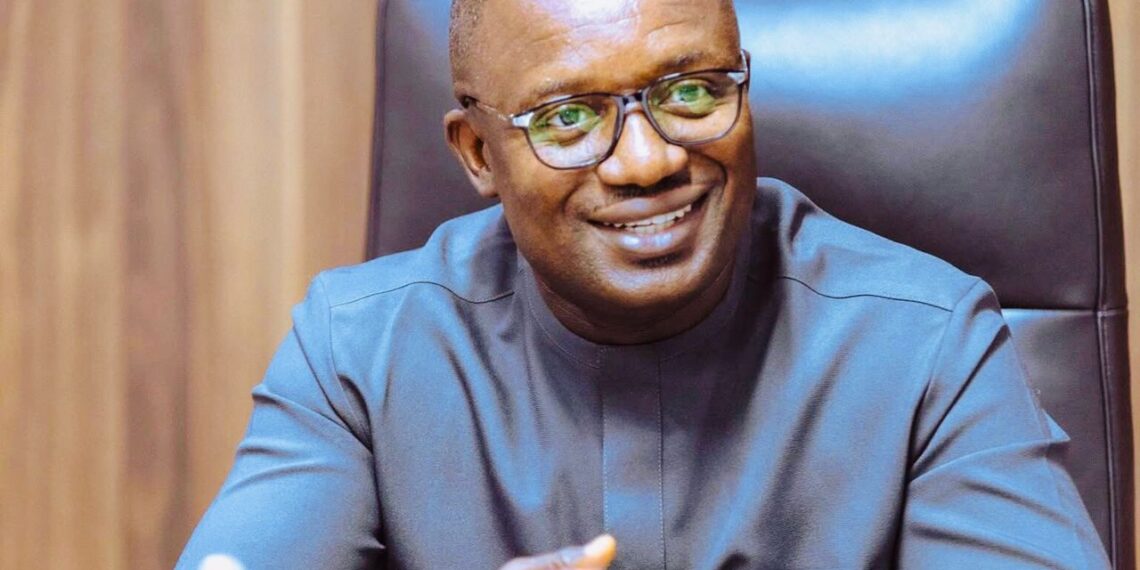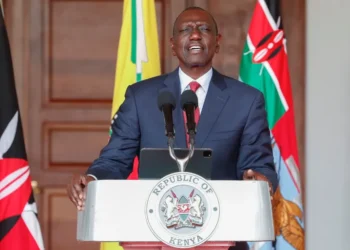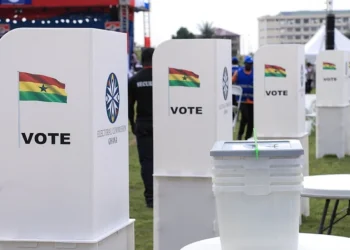The Executive Director of the Centre for Environmental Management and Sustainable Energy (CEMSE), Mr. Benjamin Nsiah, has raised concerns over what he describes as the Energy Minister’s “public lamentations” about Ghana’s energy sector liabilities, warning that it could damage investor confidence at a critical time.
Mr. Nsiah directly addressed comments made by the Minister for Energy and Green Transition, John Abdulai Jinapor, regarding the sector’s financial strain and pending fuel shortages.
“The manner in which the Minister continues to speak about the sector’s liabilities could send the wrong signal to investors.
“It creates an impression that any capital injected into the sector may not be recoverable.”
Benjamin Nsiah, Executive Director of the Center for Environmental Management and Sustainable Energy

While acknowledging that transparency is vital, he cautioned against openly discussing sensitive financial matters without discretion, especially in a sector as crucial as energy.
Ghana’s energy sector has faced significant hurdles in recent years, including delayed payments to IPPs, rising operational costs, and challenges in meeting growing electricity demand.
Analysts warn that without sustainable financing models and sector reforms; Ghana could experience disruptions in power supply.
The Energy Minister has previously acknowledged these challenges, calling for enhanced regulatory frameworks and more efficient fuel procurement strategies.
However, industry observers agree that communication around these issues must be balanced to maintain market confidence.
Call for Strategic Engagement

Instead of addressing financial concerns through media platforms, Mr. Nsiah urged the Minister to engage key stakeholders—including Independent Power Producers (IPPs) and the Ministry of Finance—through diplomatic channels.
“Investors are listening. If the Minister continues to lament publicly, it could create despair and further weaken confidence in the sector.
“This behaviour, going forward, will not help in attracting the investment and capital injection the energy sector urgently needs.”
Benjamin Nsiah, Executive Director of the Center for Environmental Management and Sustainable Energy
Mr. Nsiah recommended a shift in communication strategy, focusing on policy solutions rather than emphasizing financial distress.
Highlighting the ongoing challenges in Ghana’s energy sector, Mr. Nsiah called for the implementation of a structured recovery plan.
He noted that in 2019, the government introduced the Energy Sector Reform Programme with World Bank support to improve financial sustainability, but since then, no comprehensive roadmap has emerged to build on that initiative.
“It’s time for the government to prioritize the energy sector.
“Without a proper roadmap and responsible leadership communication, we risk losing investor confidence and plunging the country back into a power crisis.”
Benjamin Nsiah, Executive Director of the Center for Environmental Management and Sustainable Energy

The energy sector in Ghana has long faced structural and financial challenges. The country’s power generation and distribution companies have struggled with mounting debts, non-cost-reflective tariffs, and delays in payments to Independent Power Producers (IPPs).
While the government has acknowledged these challenges, Nsiah argues that public rhetoric must be strategic rather than emotional.
Mr. Nsiah’s remarks reflect growing concerns about how Ghana’s leadership is managing investor perceptions in the energy sector.
His call for discretion in public discourse underscores the delicate balance between transparency and maintaining investor trust.
As the government moves forward with sector reforms, experts stress the importance of clear policy frameworks and proactive stakeholder engagement.
The future of Ghana’s energy industry will depend not only on financial interventions but also on strategic communication that reassures investors while addressing sector challenges.
Industry watchers will be keenly observing whether Minister Jinapor adjusts his public messaging and whether the government outlines a concrete energy sector recovery plan in the coming months.
READ ALSO: Cedi Gains Not Enough for Recovery – IERPP Boss Warns Against Overreliance on Global Trends




















